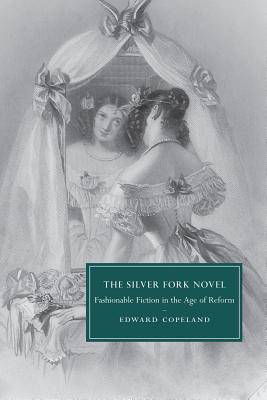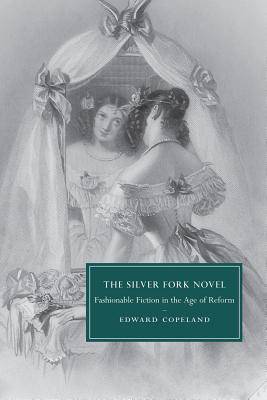
- Afhalen na 1 uur in een winkel met voorraad
- Gratis thuislevering in België vanaf € 30
- Ruim aanbod met 7 miljoen producten
- Afhalen na 1 uur in een winkel met voorraad
- Gratis thuislevering in België vanaf € 30
- Ruim aanbod met 7 miljoen producten
Zoeken
€ 60,95
+ 121 punten
Uitvoering
Omschrijving
In the early nineteenth century there was a sudden vogue for novels centring on the glamour of aristocratic social and political life. Such novels, attractive as they were to middle-class readers, were condemned by contemporary critics as dangerously seductive, crassly commercial, designed for the 'masses' and utterly unworthy of regard. Until recently, silver-fork novels have eluded serious consideration and been overshadowed by authors such as Jane Austen. They were influenced by Austen at their very deepest levels, but were paradoxically drummed out of history by the very canon-makers who were using Austen's name to establish their own legitimacy. This first modern full-length study of the silver-fork novel argues that these novels were in fact tools of persuasion, novels deliberately aimed at bringing the British middle classes into an alliance with an aristocratic program of political reform.
Specificaties
Betrokkenen
- Auteur(s):
- Uitgeverij:
Inhoud
- Aantal bladzijden:
- 308
- Taal:
- Engels
- Reeks:
- Reeksnummer:
- nr. 81
Eigenschappen
- Productcode (EAN):
- 9781107507661
- Verschijningsdatum:
- 5/03/2015
- Uitvoering:
- Paperback
- Formaat:
- Trade paperback (VS)
- Afmetingen:
- 152 mm x 229 mm
- Gewicht:
- 412 g

Alleen bij Standaard Boekhandel
+ 121 punten op je klantenkaart van Standaard Boekhandel
Beoordelingen
We publiceren alleen reviews die voldoen aan de voorwaarden voor reviews. Bekijk onze voorwaarden voor reviews.











